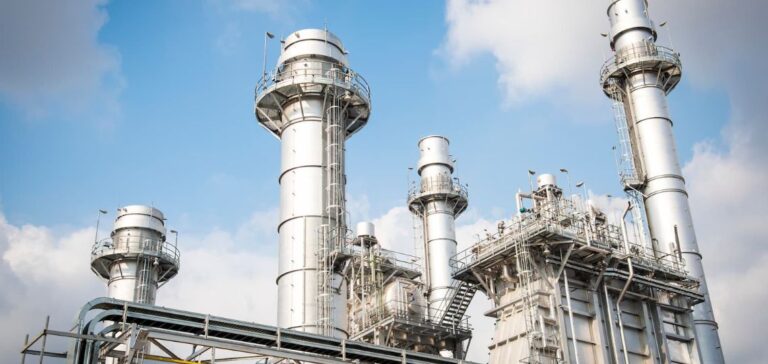The global decarbonisation market, valued at $2.2tn in 2023, is projected to reach $4.7tn by 2033, with an average annual growth rate of 8.1% over the 2024–2033 period. This projection, published by Allied Market Research, highlights the rise of integrated technological solutions across energy, transport and industrial sectors in response to growing demand for low-emission systems.
Key technologies and end-user sectors
Advances in carbon capture and storage (CCS), smart grid technologies, energy storage, and hydrogen production are increasing the market’s appeal. These innovations enable the replacement of fossil fuel-based systems in sectors such as automotive, defence, aerospace and utilities. Cost and performance optimisation is a decisive factor in the adoption of these systems.
Geopolitical and economic impacts
The market’s evolution is closely tied to macroeconomic factors such as inflation, interest rates, and national fiscal policies. Public incentives, such as the Inflation Reduction Act in the United States and the European Union’s Green Deal, are directing capital flows towards low-carbon infrastructure. In parallel, the push for energy independence in regions historically reliant on fossil fuel imports is accelerating investment in green hydrogen, batteries and renewable energy.
Structural constraints and institutional responses
High initial costs, technological limitations, and regulatory uncertainty are hindering the deployment of carbon capture projects and complicating the integration of renewable energy. Supply tensions surrounding critical materials – lithium, cobalt, rare earths – add to these challenges. Public authorities are responding through industrial partnerships, carbon pricing mechanisms and enhanced applied research funding.
Growth outlook and market developments
The expansion of direct air capture technologies and large-scale storage solutions is broadening the sector’s potential. The integration of CCS technologies with hydrogen production and bioenergy systems could support the development of carbon-negative solutions. The emergence of digital energy management platforms, such as the one recently launched by Schneider Electric SE, also contributes to the optimisation of decarbonisation strategies across the building and heavy industry sectors.






















